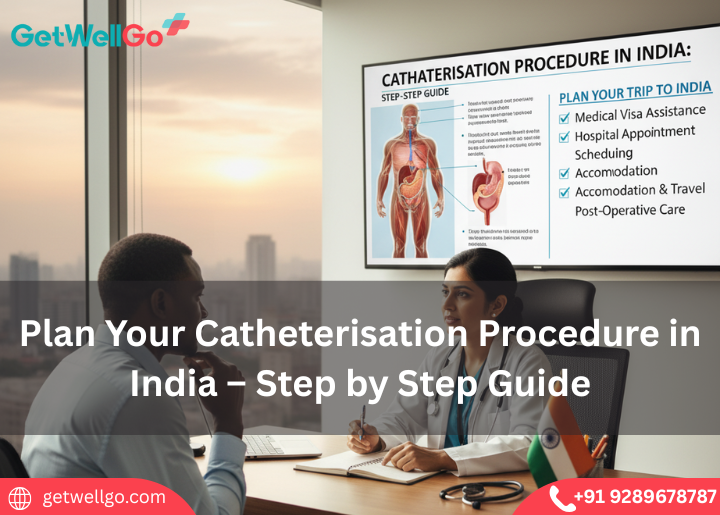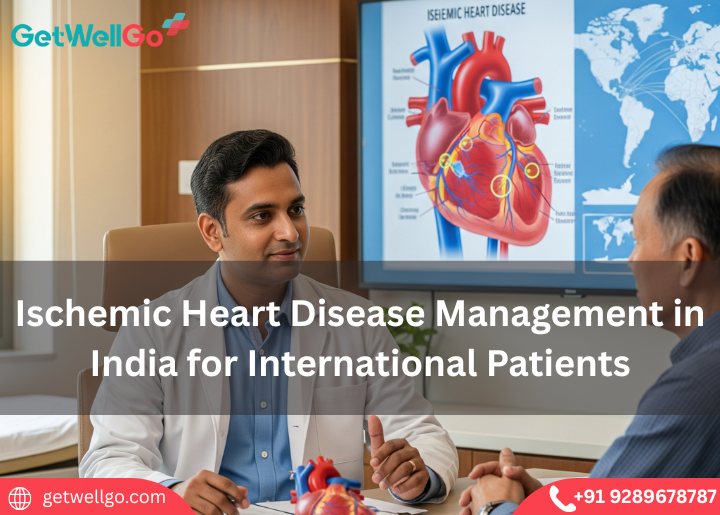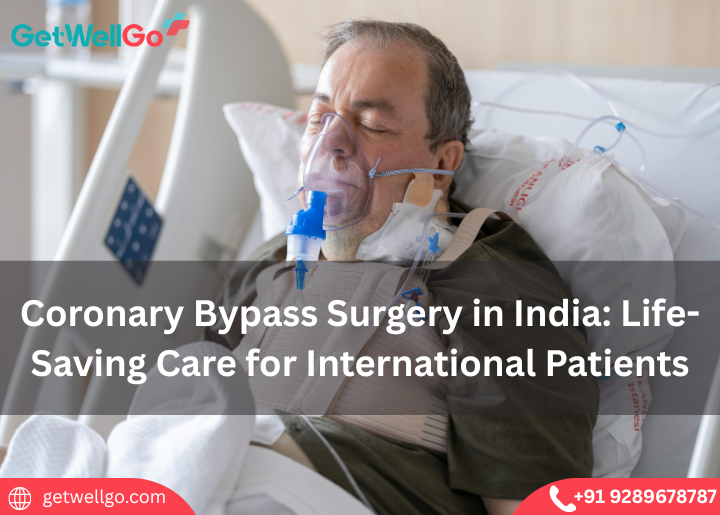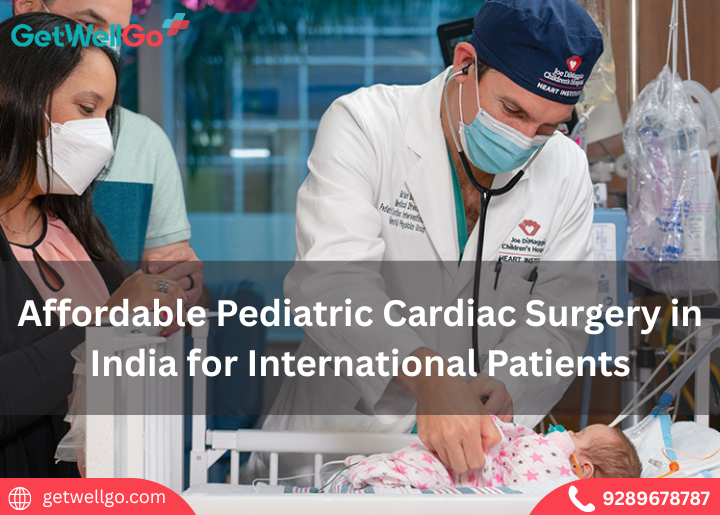
Plan Your Catheterisation Procedure in India – Step by Step Guide
Plan your catheterisation procedure in India with GetWellGo – a complete step-by-step guide for international patients seeking quality, affordable care.
Read MoreGetWellGo provides insights into heart bypass surgery, detailing the procedure and recovery process, which typically takes 6 to 12 weeks

Category
CardiologyPublished By
GetWellGo TeamUpdated on
25-Mar-2025The cost of heart bypass surgery (coronary artery bypass grafting, CABG) depends on multiple factors, including:
The duration of recovery to full activity following CABG depends with the individual’s health status, the kind of surgery that was performed, and any resulting complications. Here’s a general recovery timeline:
Anaesthesia & Incision
Grafting the Bypass
Closing the Chest
Heart bypass is usually effective and low risk, nevertheless, as with any surgery, there are certain risks. Heart bypass surgery complications depend on the age, the general health of the person and the presence of other health problems.
Heart bypass surgery is one of such procedures that are highly effective in addressing CAD. There are therefore some factors that survivors can be determined by these aspects of the patient’s health, age and after-surgery management.
Proper feeding plan is one of the ways of ensuring that the heart health is improved and that there are no blockages after the bypass surgery. The diet should be exchanging the unhealthy fats, processed foods with that are low in fat and high in fiber and nutrients.
Recommended Foods
Preoperative optimization before CABG can help to do the operation successfully, with minimum complications and reduced postoperative recovery period.
Medical Tests & Evaluations
Lifestyle Changes before Surgery
Medications & Pre-Surgery Instructions
First 1-4 Weeks: Light Movements
Weeks 4-8: Moderate Activities
After 8-12 Weeks: Cardiac Rehab & Strength Training
Heart bypass surgery is considered as a major procedure and some individuals can suffer from a variety of complications at short term or long term period of time. Generally, the side effects subside within few weeks to months provided sufficient care and follow up is sought.

Plan your catheterisation procedure in India with GetWellGo – a complete step-by-step guide for international patients seeking quality, affordable care.
Read More
Explore cost-effective MRA imaging abroad with GetWellGo. Trusted by international patients for quality diagnostics, accessible care, and peace of mind.
Read More
ABPM test abroad made easy! Learn why India is the best choice with GetWellGo—trusted by international patients for quality care, top doctors & affordability.
Read More
GetWellGo connects international patients to leading hospitals in India for safe, advanced Balloon Valvuloplasty. Start your heart-healing journey today.
Read More
Access advanced aneurysm treatment in India with GetWellGo. Trusted care, global patient support, and leading specialists for safe, affordable treatment.
Read More
Explore affordable Acute Coronary Syndrome treatment options in India. Learn about top hospitals, expert cardiologists, and advanced therapies trusted by international patients.
Read More
Affordable ischemic heart disease management in India with GetWellGo. Advanced cardiology care & personalized support for international patients.
Read More.png)
GetWellGo connects global patients with safe, affordable blood clot treatment in India. World-class care, expert doctors, and cost savings await.
Read More
Pacemaker surgery in India with GetWellGo – expert care, affordable costs & top hospitals for global patients. Learn what you need to know now.
Read More
Coronary bypass surgery in India offers life-saving cardiac care for international patients with expert surgeons, advanced technology, and affordable treatment options.
Read More
Modern coronary angiography in India with GetWellGo—affordable, accurate, and trusted by patients worldwide for exceptional international heart treatment
Read More
Discover affordable pediatric cardiac surgery in India for international patients, with expert child heart surgeons, advanced technology, and top-rated hospitals for safe care.
Read MoreFill the form below to get in touch with our experts.
Please fill in your details below and our experts will get back to you.